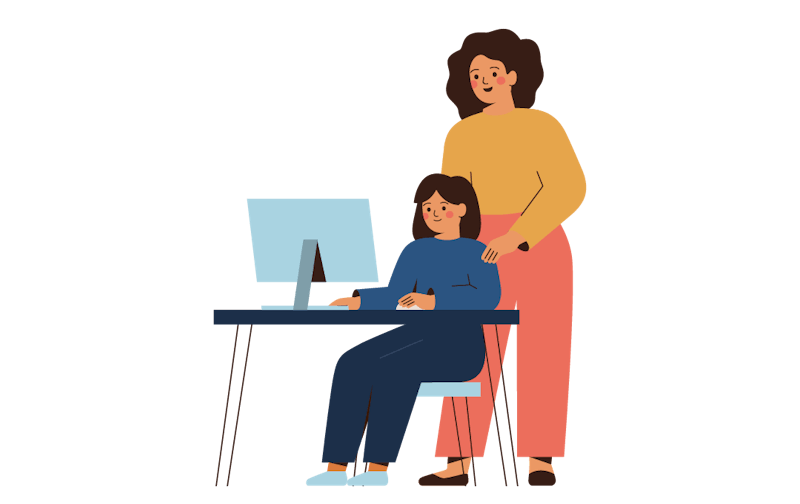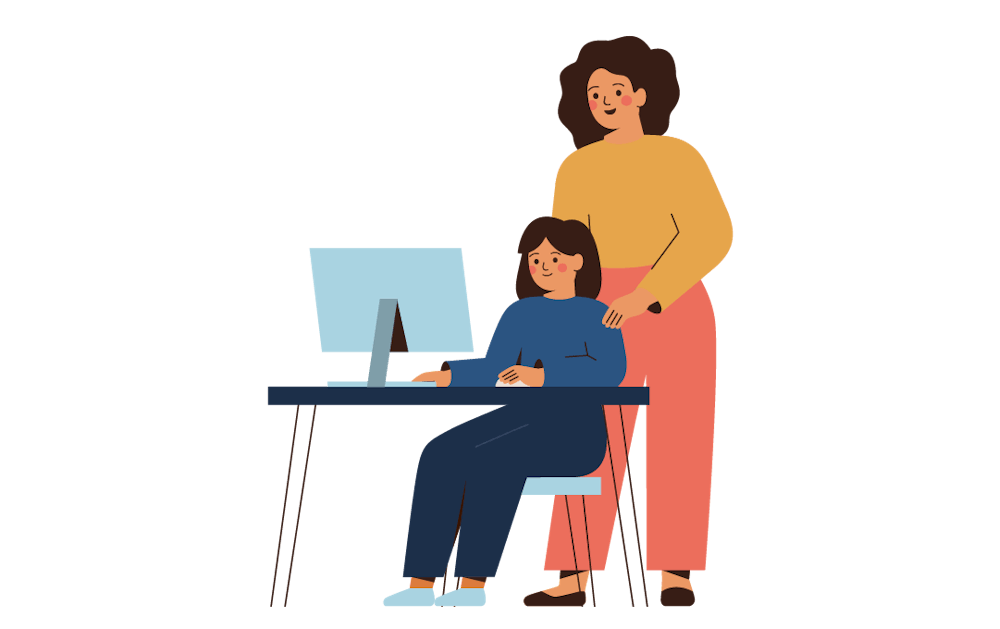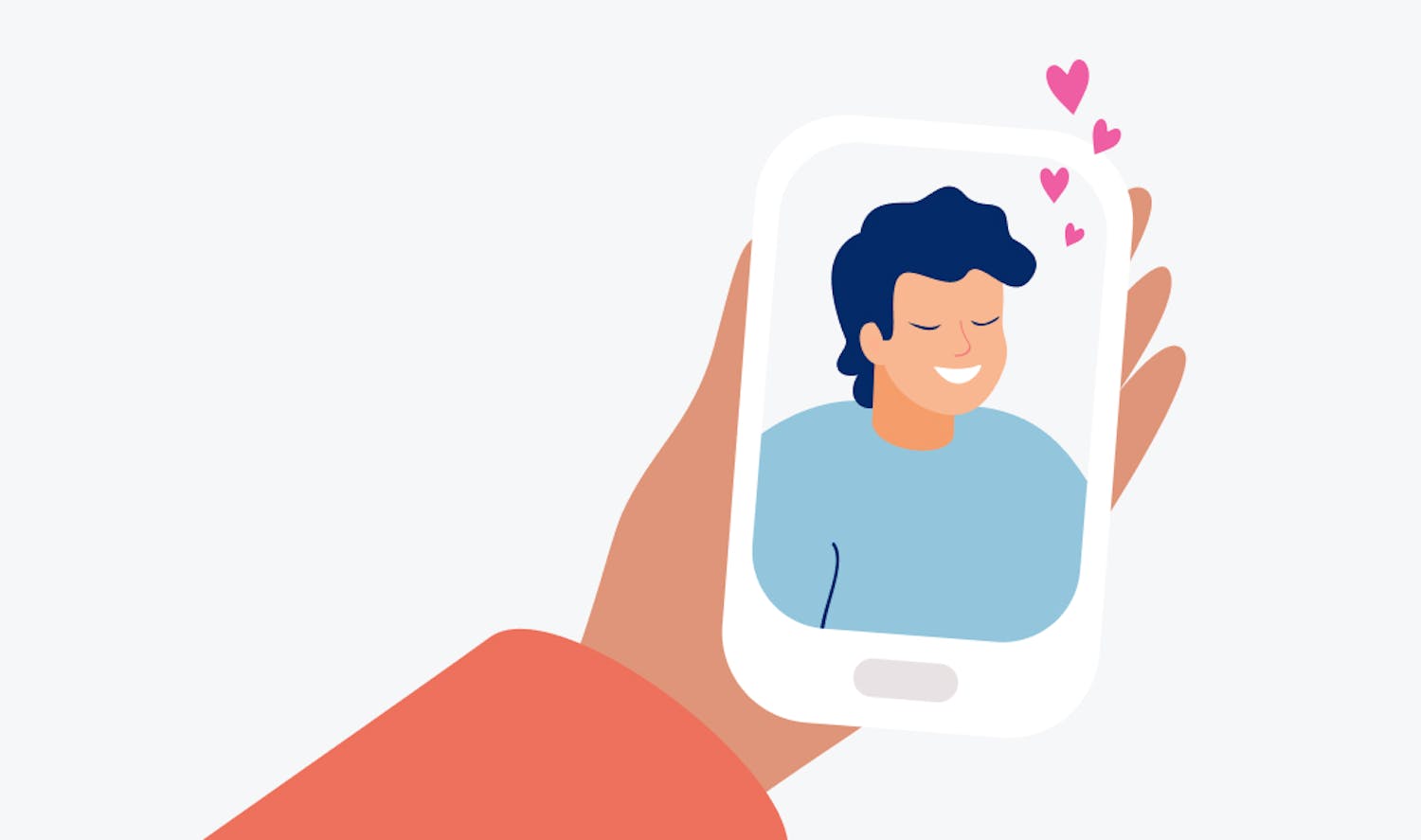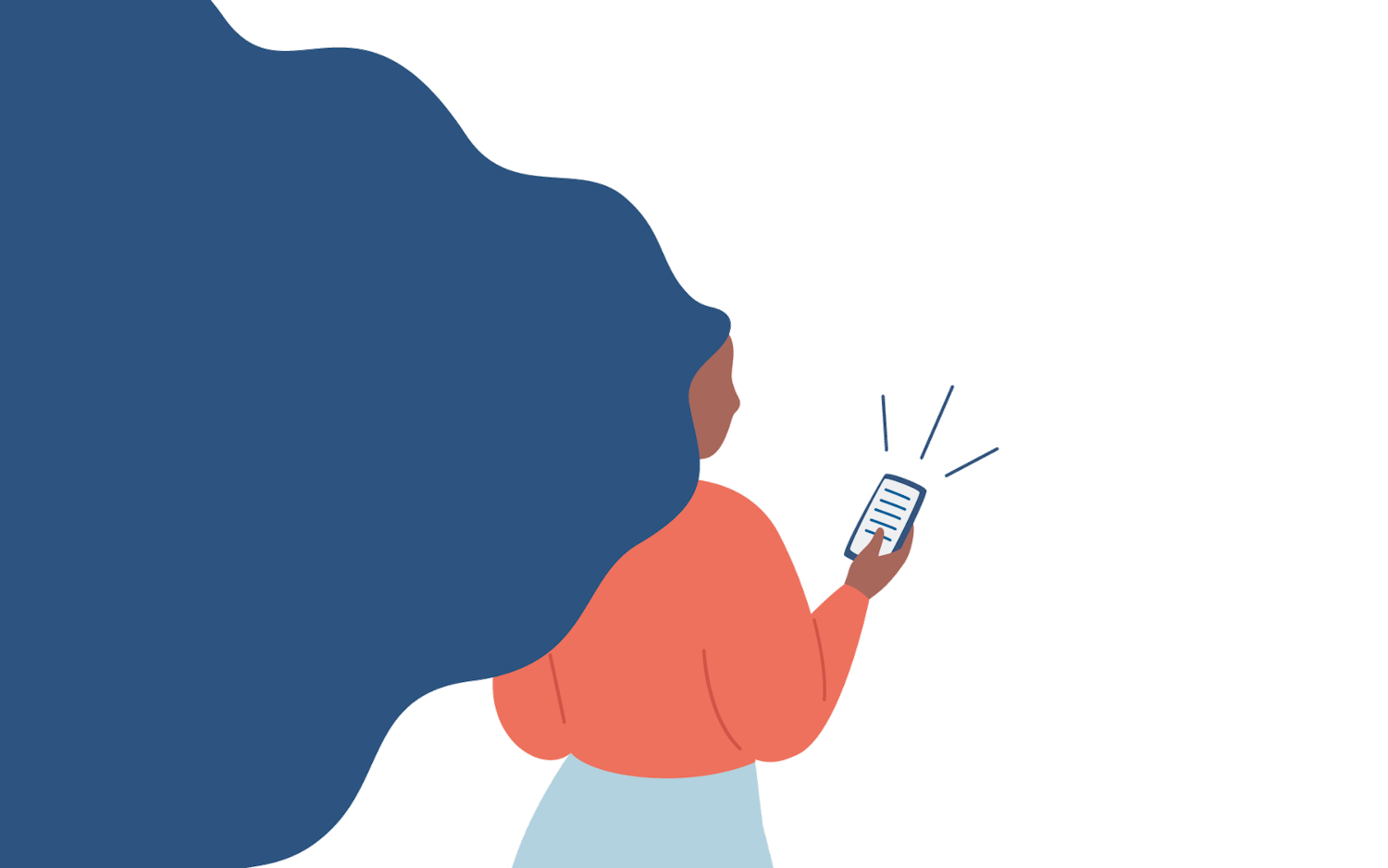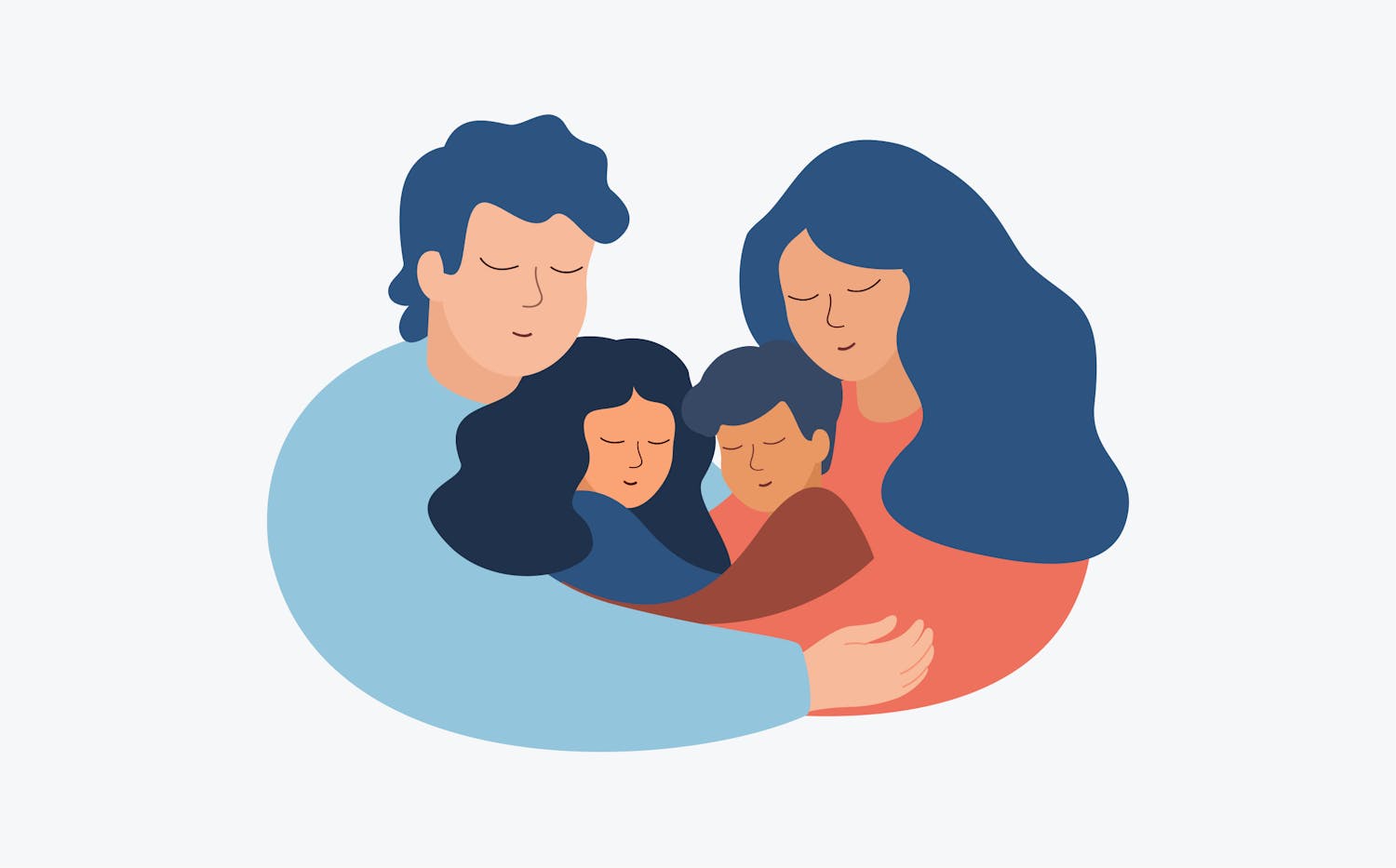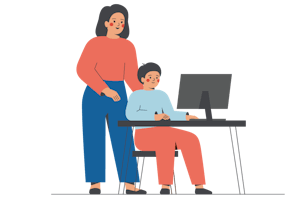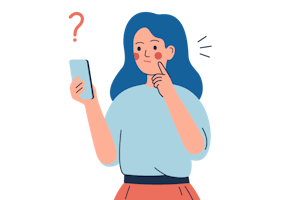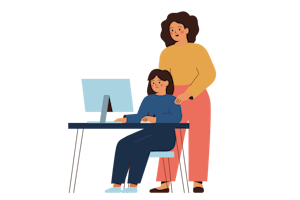What can parents do?
Digital media has become an everyday element in the lives of children and teenagers. This opens a new world full of possibilities and relationships that can be fascinating to be a part of. Unfortunately, some children have experienced uncomfortable things online, and sometimes this is talked about enough at home.
We can have a positive impact on how children and teenagers feel about the digital world by being a good role model ourselves. We can also emphasize the positive side of being online, by highlighting interesting things and encouraging creation, such as reading, writing and making music and films.
The best you can do to protect your child from digital abuse, online bullying, and inappropriate online communication is to speak to them about it, frankly and in simple terms.
Examples of inappropriate behaviour online
- To tease someone or bully online because the person is different.
- To write offensive comments, for example about another person‘s looks or personality.
- To share or threaten to share nude photos of another person without permission.
- To receive sexual photos or messages you did not ask for.
It can be helpful to understand why children find it hard to discuss these things. They could be ashamed of what happened, be afraid of getting into trouble, fear the consequences like revenge or they could even not think that anything is inappropriate. Even if it is difficult for them to talk about these things, young persons will always want support from adults and have the possibility to talk to you about it.
Start the dialogue
- Teach the child how to use the internet and social media in a safe way, for example by not sharing personal information.
- Ask what the child is doing with their friends, just like you would ask about school or their interests.
- Pay attention to when the child has time and interest in talking to you. Show you are ready to talk about things.
- Remind your child once in a while that it can always come to you and you will always be there for them.
- Encourage your child to tell adults about uncomfortable communication so it can get help to solve the problems in a good way.
Questions to start the dialogue
- How many of your friends have the courage to be themselves online
- What would you do if someone would start teasing you online?
- If you would start a Youtube channel, what would it be about?
- Which would you prefer; have 1 week off with your smartphone or 2 weeks without your smartphone?
